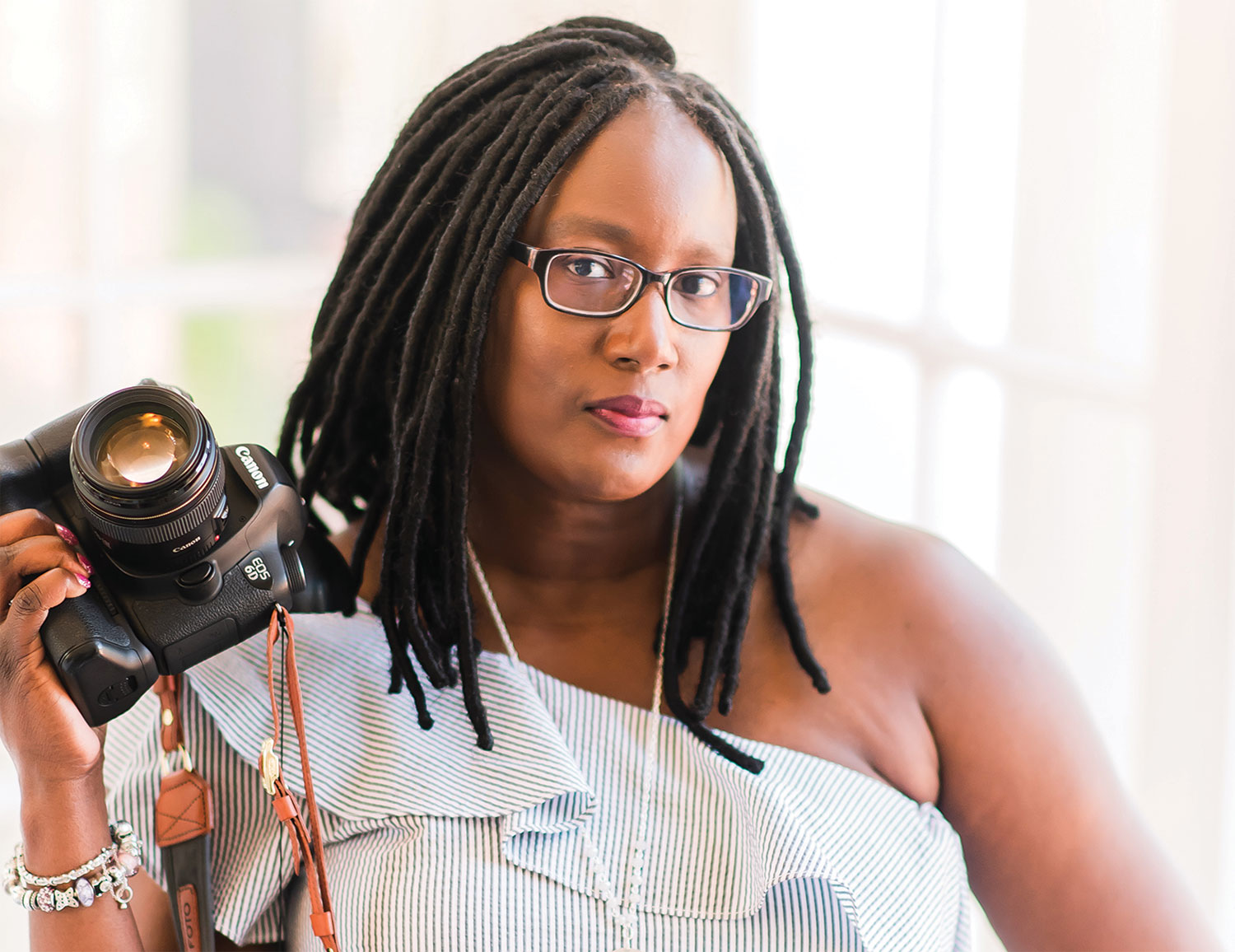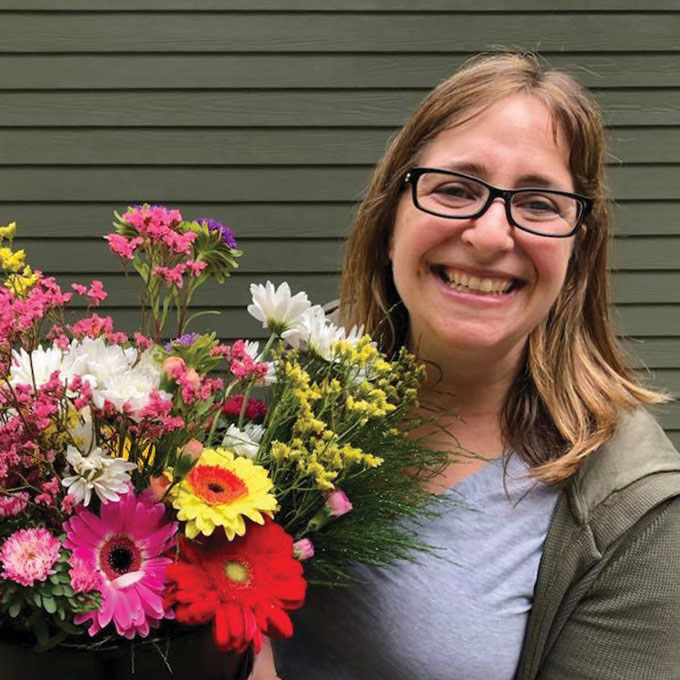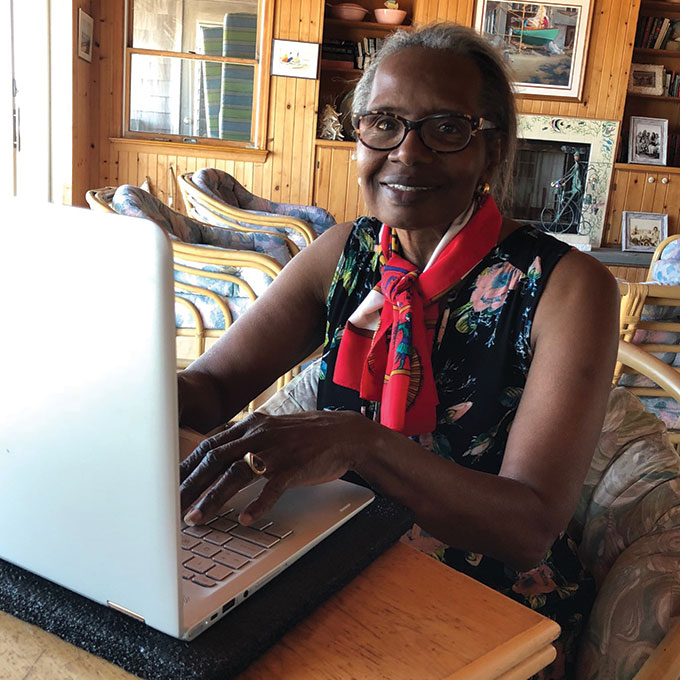
Photo by Jodie Brim Photography
Tanya Waring-Hearn
Moncks Corner, South Carolina
Stage I breast cancer at age 39 in 2016
Today: When she’s not working as a communications operator for the Medical University of South Carolina (MUSC), Waring-Hearn runs her own photography business. While being treated with chemotherapy in 2016, she had to take a step back from her typical schedule for six months. As someone committed to helping others and taking care of the people around her, this wasn’t so easy to do, she says. She returned to work after chemotherapy but found she still had very little energy. So in October 2017, she enrolled in a fitness and wellness program for breast cancer patients offered by the MUSC Wellness Center. “Photography is my passion,” she says. “It was like starting from the bottom to build my clientele back up and re-establish my business, but I was motivated to get back behind the lens.”

Photo courtesy of Amy Rowley
Amy Rowley
Olympia, Washington
Stage III breast cancer at age 42 in 2017
Today: Having experienced the financial strain a cancer diagnosis can cause, Rowley leads an organization that provides support to cancer patients and their families. She launched the Mayday Foundation in January 2018, just two weeks after finishing her treatment regimen of chemotherapy, surgery and radiation. The foundation has paid household expenses like rent, utilities, gas and groceries for eight families affected by cancer living near Olympia. She is shown here with a floral May Day basket, produced by volunteers at the group’s first fundraiser. “I knew I could fail,” she says of starting her nonprofit organization. “I knew it would be hard, but then again, so is cancer. I decided I would take the risk.”

Photo courtesy of Elsie Young
Elsie Young
Palm Beach Gardens, Florida
Waldenström macroglobulinemia at age 60 in 2013
Today: Since her diagnosis almost five years ago, Young has become skilled at drawing upon a range of resources to better understand how to address her situation. To help others going through something similar, she published Cancer: A True Story of Courage, Hope and Survival. She shares her experiences and advice in the book. For instance, Young recommends that cancer patients keep a tote bag filled with essential items and information handy in case of a medical emergency. She also says that patients should ask as many questions as necessary to make sure they’re well-informed about all aspects of their treatment. “Notes are very important,” she says. “Always have a journal at your doctor visits to write down every conversation with your doctors.”
Cancer Today magazine is free to cancer patients, survivors and caregivers who live in the U.S. Subscribe here to receive four issues per year.




